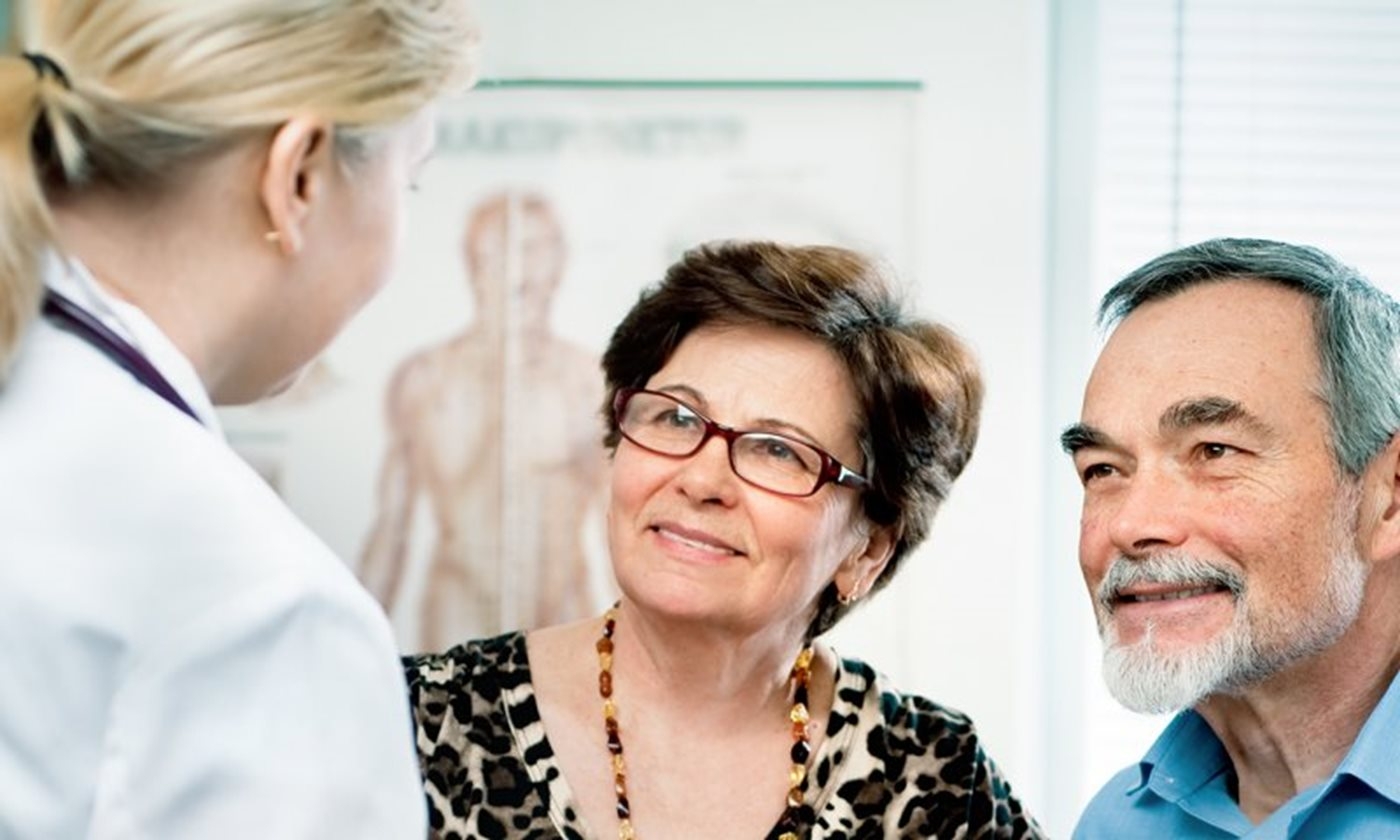
A simple test may lead to better treatment
Dr Jay Ramchand discusses his latest research project.
Dr Ramchand has a very personal reason for undertaking his latest research project.
At the age of 11, I witnessed my grandfather having a cardiac arrest and being rushed for emergency cardiac surgery for coronary artery disease,” he says.
It was at that point in my life that I became determined to undertake a career in cardiovascular medicine.
Through his research at the University of Melbourne, Austin Health, Dr Ramchand wants to develop a test that identifies high-risk coronary artery disease candidates.
Coronary artery disease (CAD) develops when major blood vessels that supply the heart with blood, oxygen and nutrients become damaged or diseased. The disease results in more Australian deaths than any single cause but remains under diagnosed and undertreated.
It’s also a disease that can catch sufferers unawares as Dr Ramchand points out.
Coronary artery disease typically develops over decades, so many people do not know they have it until it starts causing problems.
Unfortunately, around half the people developing the disease aren’t considered high risk, which delays the diagnosis and places their health in greater peril
As much as 70 per cent of sudden cardiac deaths have been attributed to coronary artery disease,” he says.
One reason for this is that in apparently fit and healthy individuals, coronary artery disease can often go unrecognised - and therefore untreated - until someone has a fatal event such as a heart attack.”
Despite advances in medicine, the fact is that heart disease remains the leading cause of death in Australia. This means that we need to increase our research efforts to not only finding better treatments but also to find better strategies to identify heart disease early."
Early detection is key,” Dr Ramchand says “because there are a number of things we can do to treat coronary artery disease and prevent a heart attack or death”.
By starting patients' treatments earlier and/or intensifying them, hopefully we can reduce the number of deaths and suffering from coronary artery disease.”
His research team has extensive experience conducting research in this area. Together they will explore ways to develop a test that detects coronary heart disease's early warning signs.
While their research aims to help many people, Dr Ramchand wants to design personalised risk assessment and prevention strategies which will likely reduce complications.
Our research plan is to perform a simple, blood test in a large number of patients who have coronary artery disease symptoms."
The team will compare blood levels of these patients to those without coronary artery disease.
Last updated13 February 2024